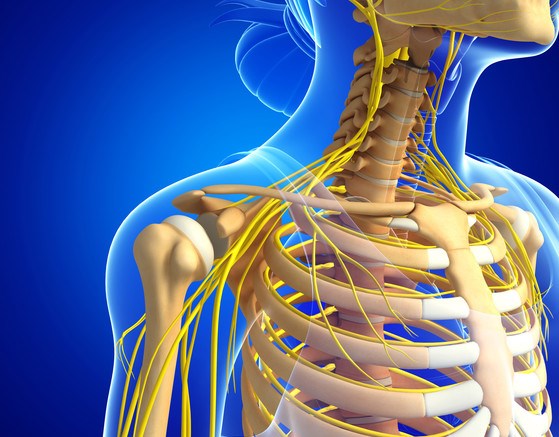By Kevin Calcagnie on December 8, 2015 -

David v. Medtronic, Inc. (Second District, Filed June 12, 2015, as Modified June 26, 2015) 237 Cal.App.4th 734, 188 Cal.Rptr.3d 103, 15 Cal. Daily Op. Serv. 6087, 2015 Daily Journal D.A.R. 6483
Thirty-seven plaintiffs filed a products liability action against the manufacturers and sellers of an FDA-approved implanted medical device which utilized a genetically engineered protein to stimulate bone growth. The plaintiffs alleged that off-label uses of the device caused them to suffer a variety of injuries, including nerve damage and abnormal bone growth. The defendants moved to sever and dismiss each of the cases based upon the doctrine of forum non conveniens, as only one of the plaintiffs resided in California. The defendants argued that the cases should be tried in the plaintiffs’ home states, because the only defendant residing in California, a physician who invented part of the device and allegedly promoted it, was merely a nominal defendant whose presence should not be considered in the alternative forum analysis.
The trial court granted the motion on the basis that each plaintiff’s home state was an available alternative forum, and the public and private factors weighed in favor of pursuing the actions in the plaintiffs respective home states. As to the sole California defendant, Dr. Michelson, the court concluded that the claims against him were nominal, and therefore dismissed those claims. The court of appeal affirmed the order dismissing the out-of-state defendants, but reversed as to the dismissal of the physician, holding that while the presence of a nominal defendant cannot defeat a forum non conveniens motion, a court cannot dismiss the nominal defendant on that basis alone: Read the rest »
By admin on June 19, 2013 -
The U.S. Drug Watchdog is a consumer advocate for victims of defective medical devices and recalled drugs in the United States. The group considers the metal-on-metal hip replacement situation the largest medical device failure in U.S. history. Additionally, the group predicts that hundreds of thousands of metal-on-metal hip implant recipients will experience or have already experienced hip implant failure.
Anyone who has received a metal hip implant is encouraged to get a blood test to determine whether their chromium or cobalt levels are elevated. Increased levels of these metals are considered the best indicators of imminent hip implant failure. Other symptoms may also be present, including difficulty walking, swelling, and pain. Ultimately, revision surgery will be necessary if a hip implant fails, but permanent damage may already be done.
There are currently several metal hip implant manufacturers under legal scrutiny, including Stryker, Biomet, Zimmer, DePuy, and Wright. DePuy’s request for a new trial after a jury returned an $8.3 million verdict in favor of the plaintiff was recently rejected.
By admin on January 21, 2013 -
Undergoing hip replacement surgery is demanding of the body and requires weeks, months, or up to years, of recovery and rehabilitation, but the final result of improved mobility and well-being usually makes the process worth it. Unfortunately, according to The New York Times, about 500,000 patients who received metal-on-metal hip replacements have reported hip implant failure. In many of these cases, a patient will need corrective surgery, but this is typically after already having to endure physical pain, emotional grief, and other risks, such as the release of metal particles into the body and bloodstream.
Read the rest »
 RSS
RSS
 Los Angeles
Los Angeles